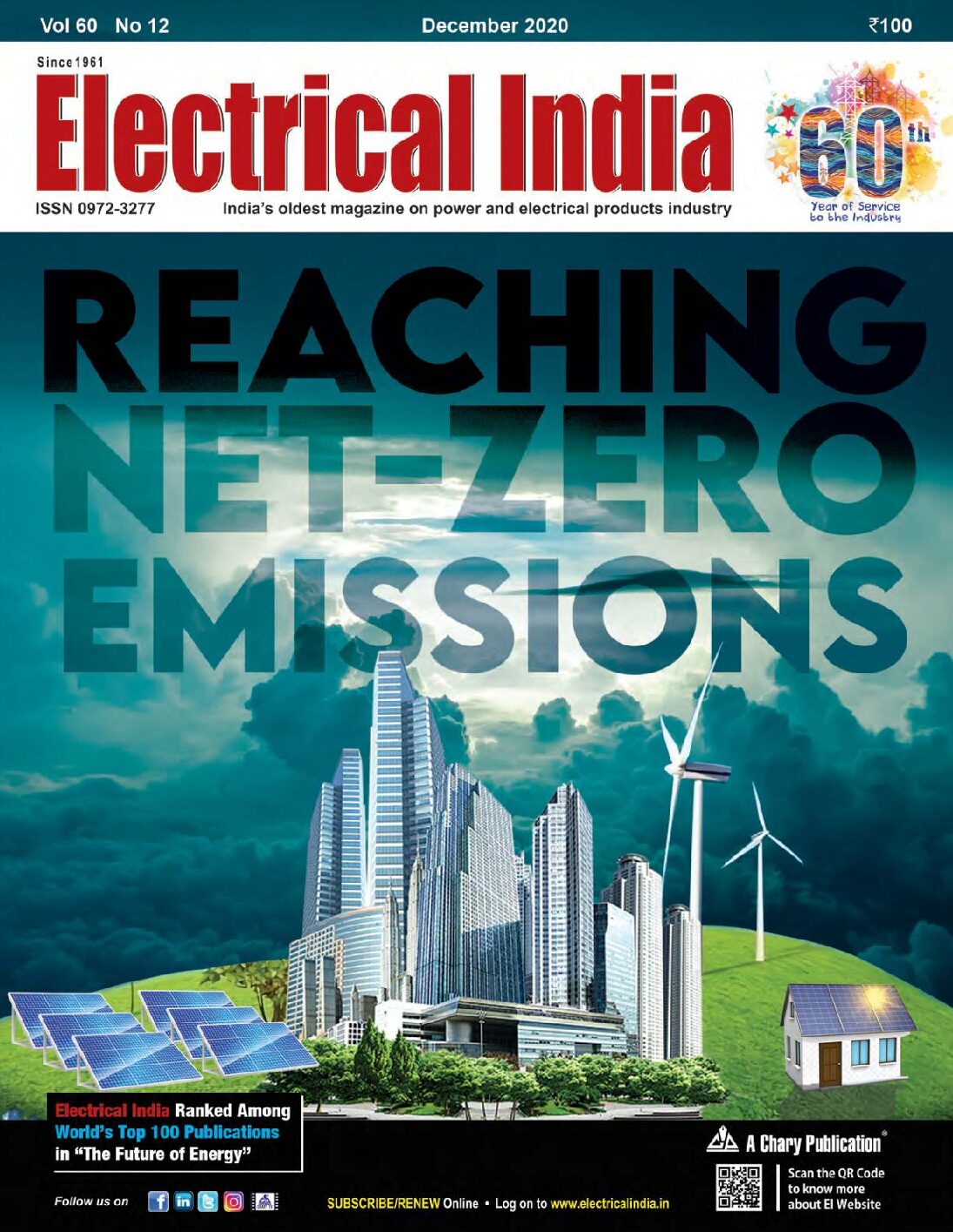
India has been able to fast track its development with support and guidance from the government as well as the rapidly improving economic posture of the country. Needless to say, we are progressing towards development at lightning speed. For development and innovation to continue and grow at a faster rate, there will be a need for continuous energy supply.
The same is true for businesses, because to have 24×7 access to data, it is vital that they have constant energy supply to function unhindered and efficiently.
The current government is working towards making India a country that provides energy to all. India is today the world’s third largest producer of electricity generating a capacity of around 256 gigawatts, despite which the country’s demand for power outstrips supply and per capita consumption of electricity is abysmally low. Consequently, India faces a power deficit situation and hence the demand for alternate sources of energy is increasing rapidly.
The India Scenario
As stated, India is a power deficient nation and this is one of the key reasons we will witness a large demand for renewable and solar energy. As a nation facing an increasing demand–supply gap in energy, we now see that the government as well as a lot of businesses are taking critical steps towards tapping the solar potential of the country and this will help us realise India’s goal of becoming a country that provides energy to all.
With India looking at achieving 1 lakh Megawatts (MW) of solar energy capacity by 2022, and a lot of domestic companies also looking to add significant green energy capacities, the share of solar and renewable energy capacities is set to rise soon. While this push will help India reduce its dependence on fossil fuels and curb pollution, India’s solar push faces hurdles such as affordability and insufficient infrastructure.
Talking of affordability, assuming that there are high tax returns that will be levied on equity, the cost of generation from a solar project can be very expensive and reduce the interest of companies looking to invest in such ventures. Until now the industry has been well supported by the government incentives like lower duties, tax breaks and guaranteed purchases by the state utilities.
But some companies bundle solar energy with large volumes of conventional energy, which results in a marginal rise in tariffs for the end user. This raises an important question on the affordability part. The second issue is that of insufficient infrastructure which becomes another roadblock for the adoption of solar-based technologies. With the existing transmission capacities being insufficient, we witness a lot of inter-state transmission congestion, and a lot of this goes unaccounted for. This has raised another important question as to whether India as a country can provide the required infrastructure for the adoption of solar energy.
Growing Adoption and Benefits of Solar Energy
While India’s solar push does face some grave challenges, solar energy does have some concrete advantages.
Abundance of Solar Energy: Being a tropical country, solar energy is produced on a large scale in India. India saw a 14.2% increase in solar power generation from 2013-2015. An interesting insight from the National Institute of Solar Energy (NISE) elaborates that the total solar power potential of the country is 748.92 GWp. Harnessing this energy effectively can help solve the energy deficiency of the country to a large extent. With the country said to expect about $250 billion (Rs. 1, 52,500 crore) worth of investments in the electricity and renewable energy sector by 2019, the picture looks good for India. This also offers a clear picture of where the country is heading in terms of solar energy production and usage.
Large Scale Demand for Solar Products: From a business standpoint, companies are looking at going green and reducing their operational costs and carbon footprints. This will result in a surge in demand for solar inverters and UPS systems that are cost efficient and effective. Another added advantage of such solutions are, they can be customized according to the needs of consumers and business needs. This has also seen many companies including Emerson Network Power invest in central inverters and the off grid solar market.
Environment Friendly and Reduces Carbon Emissions: Solar energy is an excellent alternative for fossil fuels like coal and petroleum as it is practically emission free, therefore, the danger of further damage to the environment is minimized. Also, solar energy used to generate electricity, ensures minimal noise pollution.
Accessibility of Solar Power in Remote Locations: In terms of power generation, solar energy can generate electricity no matter how remote the area is as long as the sun shines. Even in areas that are inaccessible to power, cables solar energy can produce electricity.
Solar Energy Systems are Virtually Maintenance Free: Solar energy systems are mostly maintenance free. Once a solar photovoltaic array is setup and installed it can last for decades as practically zero recurring costs are incurred. If needs increase, solar panels can be added with ease and with no major revamp.
Conclusion
With the government highlighting their openness for large scale PPP initiatives as well as huge solar projects there is still an increasing need to come out with such encouraging policies. In conclusion, one can say that solar energy systems present a smart option to businesses today. Solar panels reduce the amount of electricity coming from fossil fuels, supplying business operations with clean, renewable energy. Many business owners, from hotels to wineries to retail stores, to manufacturing units are making the decision to reduce their electricity bills and are adopting the cleaner and greener option of solar energy, and they save significantly on utility expenses and add high value to commercial properties. Major tax benefits, especifically to businesses, as well as having a green image are some of the other reasons why going solar is a good idea.

If you want to share thoughts or feedback on this article, please leave a comment below.














